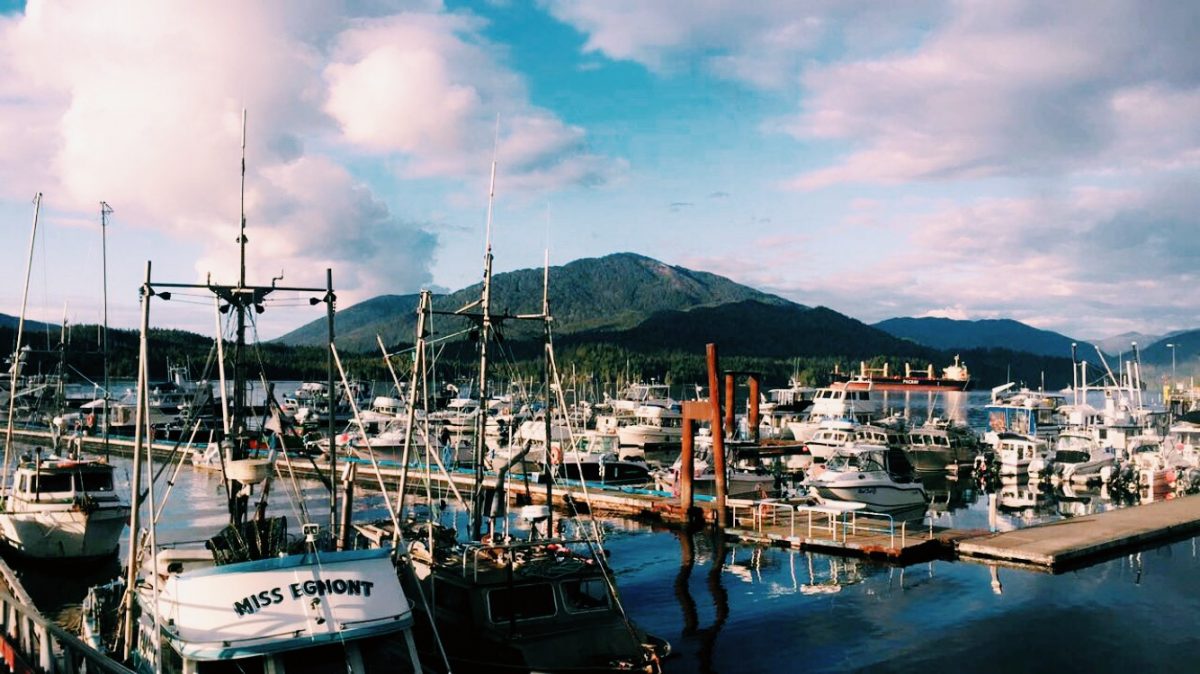Each week, along with the reading analysis there was a question that usually was used to guide our seminar chats. These questions pulled all our readings together and helped us students think outside the box and use real life experiences to help answer them.
Where do our ideas about childhood and education come from?
- CHILDHOOD
- – Time between infancy and adulthood when introduced to social constructs/regulations and when we learn to grow as individuals
- – Combo of beginning years of life and person’s mental capabilities – time of psychological growth and time to be nurtured
- – Age when you have different needs than when fully grown (different stages) – socially and culturally contingent
- – “childhood the kingdom where no one dies” > notion of innocence and when it “dies” because of awareness of wider world
- – Stage of dependence and when vulnerable to outside environmental influences
- – Period, when a person learns about the world through senses, imagination, and play (does this end in adulthood?)
- – Is childhood imagination always a good thing? Especially because imagination is shaped by family, society, etc. Is there a “right” way to imagine?
- EDUCATION
- -Can be defined differently depending on class, race, gender, geographic location (what one learns is dependent on socio-cultural ideas)
- – Education can happen in places outside of schools (home schooling, religious instruction, work learning, etc.)
- – Educational curriculum is culturally contingent (i.e. storytelling in Indigenous communities)
- – Any experience that is conducive to learning and/or personal growth
- – Ability to reflect and be aware of one’s surroundings so as to bring about self-
- – Equips a person with socially acceptable qualities – it’s possible that a person can be highly qualified but not necessarily educated
- – Education is the controlled and curricularized introduction of concepts and ideas to an individual through manufactured experience
- – Conditioning practice and skill-building and can include trauma (witnessing/ experiencing trauma and learning from it) > also the flip side…can learn from positive experiences
- – Learning to “live” (eat, move, etc.) to learning to be “something” (profession, etc.) and involves all aspects of learning in life directed and experiential learning
Why have young people been compelled to attend school and should this still be the
law?
School isn’t just about learning math,science,etc. It’s the best way to teach social interaction. We also don’t want a country filled with illiterates. That’s been a major problem for developing countries who have bad school systems. We should be lucky that we get a free education. People all over the world break there backs just to get there kids in a school.
How do the historical causes of the feminization of teaching relate gendered
expectations for girls and boys in education?
How is separate schooling today similar and/or dissimilar to segregated schooling in
Canadian history?
How can we school for equality or decolonize education based on lessons from the
past?
How have “experts” defined the healthy/normal child and what remains of such
definitions for school policies?
What has been and continues to be required of students and teachers during times of
national crisis and uncertainty?
In what ways do our education systems show the roots of progressivism and
traditionalism?
What have been the results of education reforms on diversity in Canada’s education
systems?
